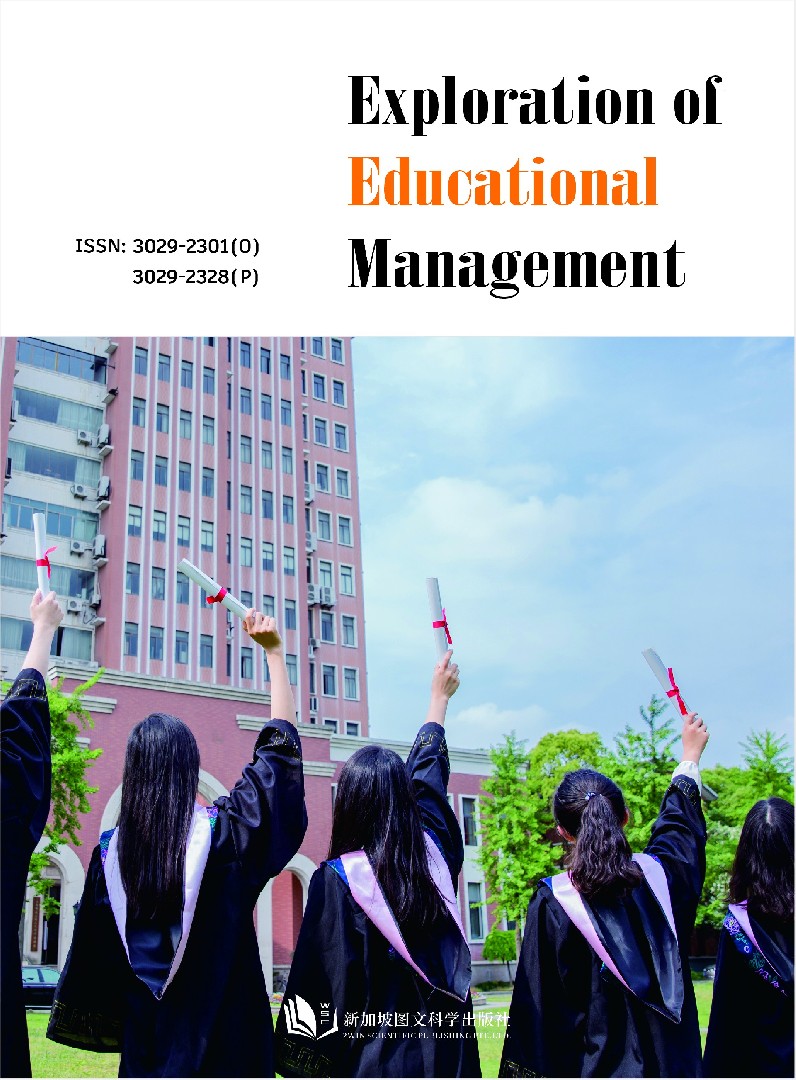作者
Lin Liu
文章摘要
English boasts a vast array of synonyms, which often pose significant challenges for learners, particularly in distinguishing between them. Semantic prosody is of great value in helping language learners differentiate synonyms, and corpora can provide robust data support for the use and differentiation of synonymic semantic prosodies. Therefore, this study employs a corpus-based Contrastive Interlanguage Analysis, combining qualitative and quantitative methods, to investigate the mastery of semantic prosodies among English synonyms—specifically, the nouns "finding," "result," and "outcome"—by Chinese university students majoring in English. It utilizes data from the Written English Corpus of Chinese Learners (WECCL) as the learner corpus and the British National Corpus (BNC) as the native speaker reference corpus. The results indicate that Chinese English majors tend to overuse the word "result" compared to native English speakers in terms of frequency. In terms of semantic prosody, while Chinese English majors generally grasp the semantic prosody usage of "finding," they have not yet mastered the use of "result," tending to overuse its positive semantic prosody. Additionally, for the word "outcome", Chinese English majors overuse its negative semantic prosody while neglecting its neutral semantic prosody. The findings of this study aim to provide insights or references for deep English vocabulary learning and corpus-assisted foreign language teaching.
文章关键词
corpus; semantic prosody; English majors; synonyms
参考文献
[1] Granger.(1998).The computer learner corpus:a versatile new source of data for SLA research[C].Learner English on computer.London:Longman,3-18.
[2] Halliday M.A.K.(1991).Corpus studies and probabilisitc grammar[C]//Aijmer K,Alternberg B.English corpus linguistics:studies in Honour of Jan Svartvik.London:Longman,30-43.
[3] Partington A.(2004).“Utterly content in each other's company”:semantic prosody and semantic preference[J].International Journal of Corpus Linguistics,9(1):131-156.
[4] Gui Shi Chun,Yang Hui Zhong.(2003).Corpus of English of Chinese Learners[M].Shanghai:Shanghai Language Education Press.
[5] Wang Yafei.(2020).A Comparative Study of Causal Relationship Expressions in Master Theses of English Linguistics China and the United States[D].Dalian:Dalian Maritime University.
[6] Wang Jia,Zhang Hong.(2022).Corpus-based Study on the Semantic Prosody of Synonyms of Chinese Non-Majors College Students – A Case Study of Effect and Result.Journal of Jingchu University of
Technology(05),89-96.
[7] Wang Chunyan.(2009).A Corpus-based Study on the Distinction of English Synonyms by Chinese Learners[J.Foreign Language Teaching and Learning,(6):27-31.
[8] Wu Shuqiong,Liu Dilin.(2020).Corpus Quantitative Research on Word Semantics:Behavioralistics Analysis Method[J].English Research(1):153-164.
[9] Wu Yuxi,Wang Cong.(2024).Corpus-based Research on Reporting Verbs—Taking show,indicate and demonstrate Examples.Contemporary Foreign Language Research(04),179-190.
[10] Wu Yuxi,Wang Cong.(2024).Corpus-based Research on Reporting Verbs — Taking show,indicate and demonstrate as Examples.Contemporary Foreign Language Research(04),179-190.
[11] Wang,X.N.,&Wang,B.(2013).Corpus and College English Vocabulary Teaching-A Case Study of Words Influence,Effect,and Impact[J].Journal of Inner Mongolia Normal University(Educational Science
Edition),26(9):12-124.
[12] Wang Rui.(2016).A Comparative Study on the Semantic Rhythm of"Do"-class Verbs between Chinese E Learners and English Native Speakers[J].Foreign Language Journal(6):125-129.
[13] Yang Yajun.(2019).A Comparative Study of the Semantic Rhythm of “ Result Class ” Synonyms between ChineseFL Learners and English Native Speakers[D].Yantai:Yantai University.
Full Text:
DOI
